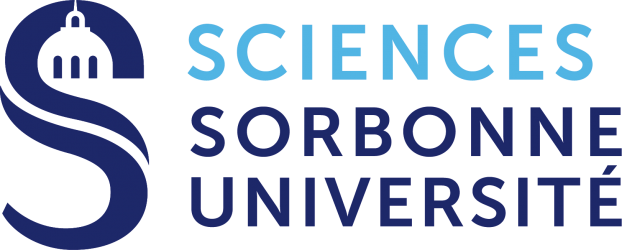Voir l’archive.
École Polytechnique

Neurolov

Qualcomm
ENS


Institute of Miology

SteelSeries
The R&D team of SteelSeries’ Software & Services Business Unit (former
Nahimic R&D team) is glad to open 3 research internship positions for 2021.
The successful candidates will be working on one of the following topics
(more details in attached):
- Audio detection for gaming
- Speech sequences classification
- Automatic creation of a pattern bank
Please reply/apply to nathan.souviraa-labastie@steelseries.com.
Best Regards
————————————————————————————————————–
Nathan Souviraà-Labastie | R&D Engineer | Nahimic. A SteelSeries brand
nathan.souviraa-labastie@steelseries.com
<+nathan.souviraa-labastie@steelseries.com>
Short company description:
Nahimic has joined the SteelSeries family to bolster reputation of
industry-leading gaming audio performance across both hardware and
software. SteelSeries is a leader in gaming peripherals focused on quality,
innovation and functionality, and the fastest growing major gaming headset
brand globally. Nahimic is the leading 3D gaming audio software editor with
more than 150 man-years of research and development in gaming industry, and
the worldwide leader in PC audio gaming software. You will join the R&D
team of SteelSeries’ Software & Services Business Unit in our French office
(former Nahimic R&D team).
Vitesco Technologies

Thalès


Université Grenoble-Alpes



